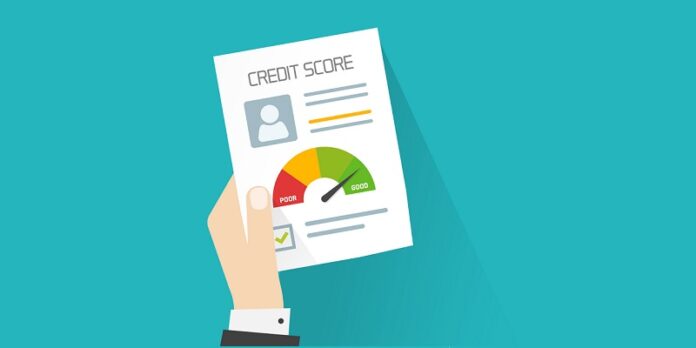One of the most important factors of your financial life is your credit score.
Banks use your credit score to determine whether to give you a loan or a credit card. Mortgage brokers consider your score when finding the most suitable home loan for you. Auto insurance providers check your credit score when establishing your insurance rate.
Although building a good credit score is important, you also need to know the things that can damage your score and result in side effects from poor credit.
You can maintain a good credit score if you avoid doing the following:
- Paying Late
Your payment history on your credit card and loan accounts is instrumental in the calculation of your credit score. Even a single late payment on a consumer lending account can result in a dip in your score.
So, make sure to pay your bills on time. Set a reminder on your mobile phone or computer, so you don’t forget.
- Applying for a Lot of Credit at Once
When a creditor or lender evaluates your credit reports in response to an application for credit, this results in a “hard inquiry.” This type of inquiry can affect credit scores. Applying for multiple credit accounts in a short window of time may impact your scores. It may cause lenders to look at you as a high-risk borrower. What’s more, some credit scoring models may consider your recent credit activity.
As much as possible, keep your applications to a minimum.
- Maintaining High Credit Card Balances
Keeping high credit card balances that is relative to your credit limit of your account decreases your score and increases your utilization. If your limit is $20,000 and your balance constantly stays at around $19,000, you won’t have a good score.
So, make a habit of paying your outstanding balance in full. Also, make sure that you’re living within your means. You’ll need to overhaul your spending habits if you constantly find yourself using your credit card to pay for expensive stuff, such as luxury bags and food served at expensive Michelin-starred restaurants.
- Filing Bankruptcy
This extreme measure can destroy your credit score. The bankruptcy you filed will stick in your record for quite a long time. Instead of filing bankruptcy, seek alternatives first, such as consumer credit counseling.
- Co-Signing Credit Card Applications
When you co-sign with your good credit standing to help friends or family with less-than-stellar credit, you take on responsibility for their debt. If they are unable to pay (or they refuse to), you’ll need to pay off their outstanding balance. Otherwise, your good credit will suffer the consequences.
As much as possible, don’t co-sign for someone else. There’s no real benefit to you. When you co-sign, the other borrower is the one reaping the benefit of the loan.
- Having a Credit Account Sent to Collections
Creditors often work with third-party debt collectors in an attempt to collect payment from you. They may send your account to a collection agency after or before charging it off. A collection status in your account reveals that the lender stopped trying to obtain payment from you and had to hire someone else to get the funds from you.
- Ceasing Credit-Related Activities for an Extended Period
If you don’t use your credit accounts for months, your creditors and lenders will be unable to report any new information to credit bureaus. This may make evaluating your application for credit more difficult for lenders and creditors.
Also, after a certain period, which may depend on the policies of the creditor or lender, you may find your credit card account tagged as “inactive” and closed by the issuer. This may affect your credit score similar to closing your account.
Your goal, therefore, should be to keep your account active. This may entail using your credit card regularly, but responsibly, every couple of months. One strategy that you can adopt is to put a small recurring charge on the credit card. You could also use it to make small purchases per month. Then, pay the outstanding balance in full every month.
- Transferring Your Outstanding Balances into a Single Credit Card
Carrying a single credit card may be convenient, but moving your balances to a single card won’t benefit your credit score. Creating a single high balance that approaches your credit limit will send you credit utilization way up. This will ultimately undermine your credit score.
If you have multiple credit cards, just pay the outstanding balances of each card in full.
You need to use credit cards wisely and borrow responsibly. This way, you can maintain a good credit score and give you opportunities to score better deals on consumer lending products.








